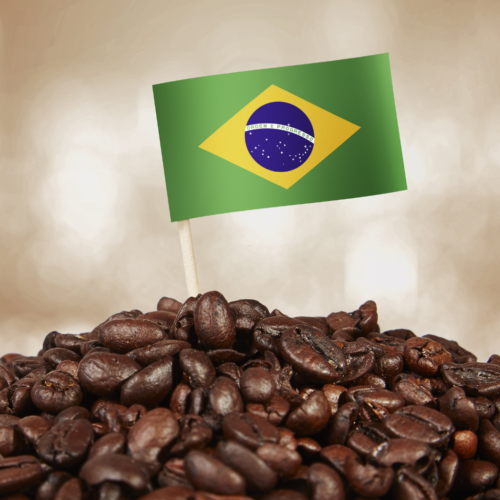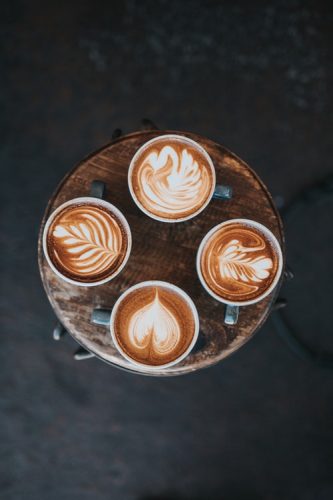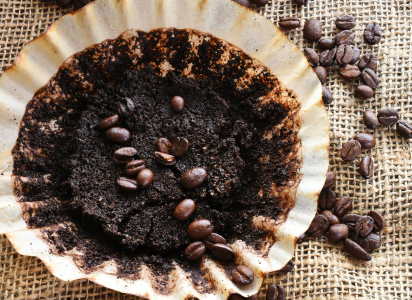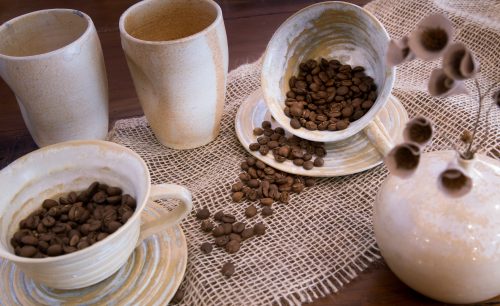According to the USDA, an 8-ounce cup of brewed Brazilian coffee contains approximately 95 milligrams of caffeine.
However, the amount of caffeine in Brazilian coffee can vary, depending on several factors such as the type of coffee bean, the roasting method, and the preparation method. Generally speaking, Brazilian coffee is considered to have a moderate caffeine content. For example, espresso is known to have a higher concentration of caffeine than regular brewed coffee. However, the first time I drank Brazilian coffee without any additives, it tasted harsh and like medicine.
How Coffee Beans Affect the Caffeine Content

When it comes to the type of coffee bean, the arabica and robusta beans are the most common in Brazil. Arabica beans are known for their smoother and more delicate taste, but they also contain less caffeine than their robusta counterparts. Robusta beans, on the other hand, are known for their strong flavor and high caffeine content. The percentage of arabica and robusta beans used in coffee blends can also affect the overall caffeine content.
How The Roasting Method Plays a Role in the Caffeine Content
The roasting method also plays a significant role in determining caffeine levels. Lighter roasts, such as blonde or cinnamon roast, contain more caffeine than darker roasts. This is because the roasting process breaks down caffeine molecules, resulting in lower caffeine levels in darker roasts. Studies have shown that while lighter roasts contain an average of 1.37% caffeine, darker roasts contain approximately 1.31% caffeine.
How The Preparation Method Plays a Role in the Caffeine Content
The preparation method is another factor that contributes to caffeine levels in Brazilian coffee. For instance, a cup of espresso contains a greater concentration of caffeine than a cup of drip coffee, despite having a smaller volume. Another method that results in higher caffeine content is Turkish coffee, which involves boiling coffee grounds with water. This is because the grounds are not filtered out, resulting in higher caffeine levels in the final product.
Does Colombian Coffee Have More Caffeineination?

When comparing Brazilian and Colombian coffee, there isn’t a significant difference in terms of caffeine levels. This is due to the fact that both countries tend use Arabica beans for their blends. However, since Brazilian tends to be roasted lighter than Colombian coffee, it has a higher caffeine content on average.
To compare an 8 ounce cup of both coffees, the caffeine content for Brazilian coffee is roughly about 95 milligrams, while Colombian coffee has an average of 85 milligrams. Ultimately, both coffees have a moderate caffeine content and can be enjoyed without any adverse effects.
Does Hawaiian Coffee Have More Caffeination?
When it comes to Hawaiian coffee, the caffeine content is slightly higher than Brazilian coffee. This is because Hawaiian coffees often use a variety of Robusta beans in their blends, which contain more caffeine than Arabica beans. As a result, an 8 ounce cup of Hawaiian coffee contains an average of 115 milligrams of caffeine, compared to 95 milligrams in Brazilian coffee.
Is Brazilian Coffee Higher In Caffeine Content Than Cuban Coffee?

Cuban coffee also has a higher caffeine content than Brazilian coffee. Cuban coffees often use a combination of Arabica and Robusta beans, resulting in a higher concentration of caffeine than Brazilian blends which typically consist of only Arabica beans. An 8 ounce cup of Cuban coffee contains about 90 milligrams of caffeine, compared to 95 milligrams in Brazilian coffee.
While Hawaiian and Cuban coffees do have higher levels of caffeine than Brazilian, the difference is not particularly significant.
Is Brazilian Coffee Higher In Caffeine Content Than Vietnamese Coffee?
When it comes to Vietnamese coffee, the caffeine content is actually lower than Brazilian coffee. This is because Vietnam mostly produces Robusta beans, which contain less caffeine than Arabica beans. An 8 ounce cup of Vietnamese coffee typically contains about 85 milligrams of caffeine, compared to 95 milligrams in Brazilian coffee.
Is Brazilian Coffee Higher In Caffeine Content Than Ethiopian Coffee?

Finally, Ethiopian coffee also has a lower caffeine content than Brazilian coffee. This is because Ethiopia primarily uses Arabica beans for their blends, but they are usually lighter roasted than Brazilian coffees. As a result, an 8 ounce cup of Ethiopian coffee typically contains about 75 milligrams of caffeine, compared to 95 milligrams in Brazilian coffee.
What Makes Brazilian Coffee Special?
Despite the moderate levels of caffeine in Brazilian coffee, what makes it special is its flavor profile. Brazilian coffees have a unique sweetness and nutty aftertaste that sets them apart from other types of coffee. This can be attributed to the fact that Brazilian coffees are roasted for a longer period of time, resulting in a fuller and more flavorful cup.
Conclusion
In conclusion, Brazilian coffee is enjoyed all over the world for its unique taste and aroma. While the amount of caffeine in Brazilian coffee can vary depending on several factors, it’s generally considered to have a moderate caffeine content.
The type of coffee bean, roasting method, and preparation method all play a role in determining caffeine levels in coffee. Understanding the factors that influence caffeine levels in Brazilian coffee can help coffee lovers make informed decisions about their preferred brew.